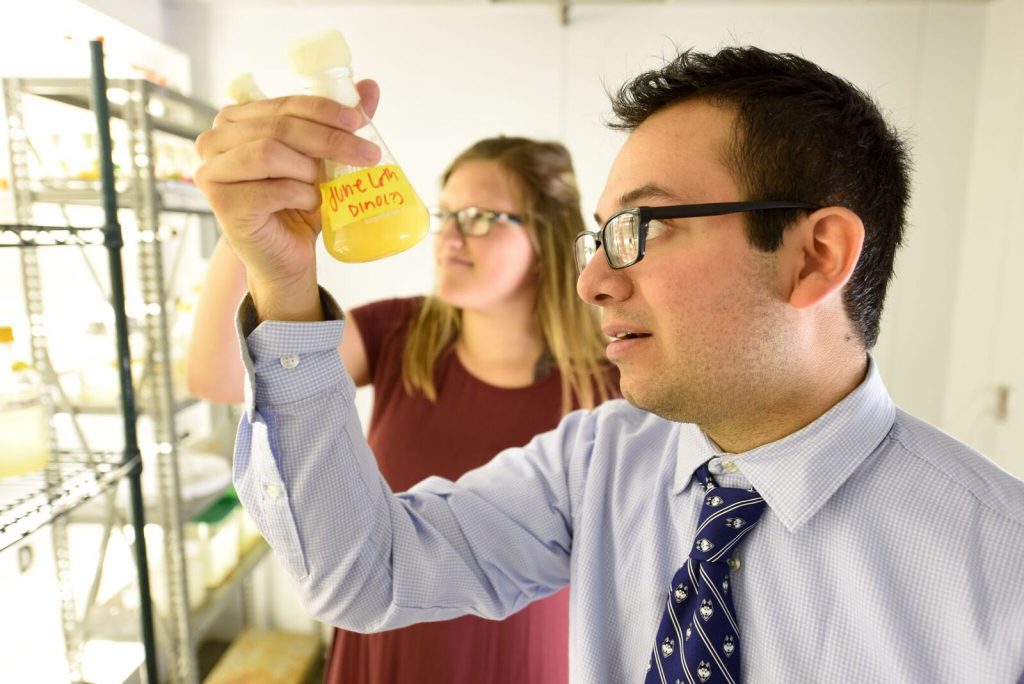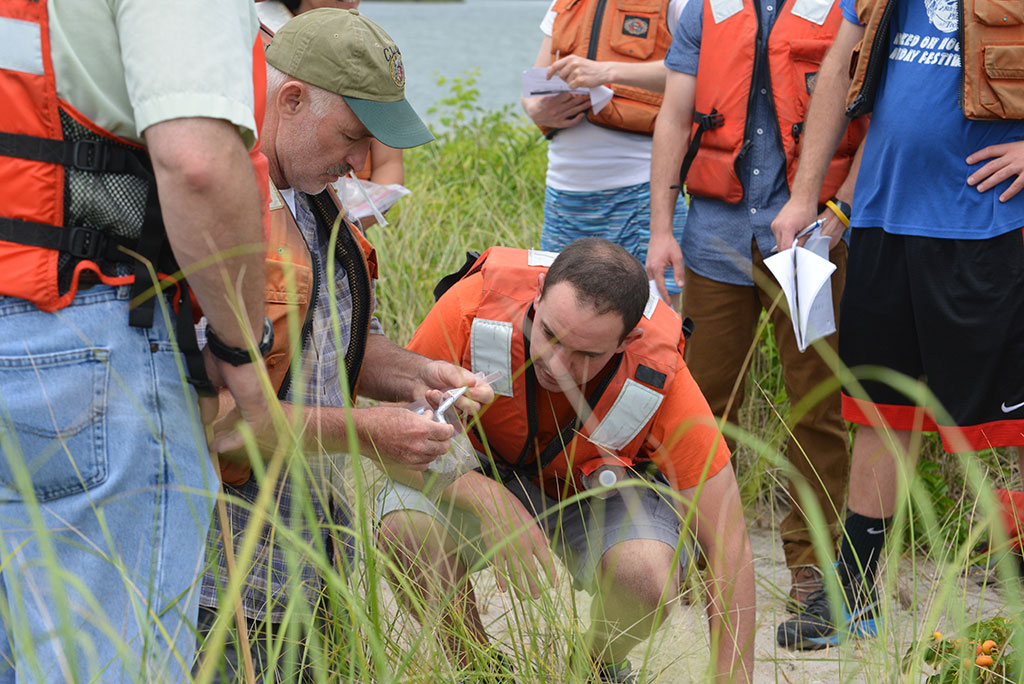 STEM Education Research Hub
STEM Education Research Hub
Science, technology, engineering, and mathematics (STEM) play an important role as economic drivers in Connecticut, the nation, and globally. STEM jobs have grown, and are expected to continue growing, in the foreseeable future. However, student interest, engagement, and achievement in STEM fields have not kept pace with the current and future opportunities in these fields. In fact, the trends in mathematics and science achievement of students on the National Assessment of Education Progress have not changed significantly over the years. Additionally, the performance of U.S. students in mathematics and science are routinely found to be in the middle of the pack or below that of other nations, per the Programme for International Student Assessment. Relatedly, the National Science Foundation has reported on the differential representation and performance of women, minorities, and persons with disabilities in science and engineering undergraduate programs and employment.
When considered collectively, the evidence related to STEM education highlights the need to examine ways to:
- encourage student interest in STEM,
- enhance students’ STEM attainment and experiences in STEM learning environments (K-20),
- raise awareness about STEM careers, and
- broaden the participation and diversity of those who engage in STEM productively
STEM Education Research and Scholarship
 The STEM Education Research Hub at CEPARE is a community of scholars who engage in STEM education scholarship (e.g., research, evaluation, innovations) that falls into one or more of the following areas:
The STEM Education Research Hub at CEPARE is a community of scholars who engage in STEM education scholarship (e.g., research, evaluation, innovations) that falls into one or more of the following areas:
- K-12 STEM education research (e.g., teachers/teaching, learning, curriculum, equity) that focuses on one of the STEM areas (i.e., science education, technology education, engineering education, or mathematics education)
- K-12 STEM education research that focuses on the integration or intersection of two or more STEM areas (e.g., mathematics/science, mathematics/technology, science/technology, math/science/ technology)
- Postsecondary disciplinary-based education research (DBER) that focuses on one (e.g., chemistry education research, biology education research) or more of the STEM disciplinary areas
- STEM pipeline, career, and workforce issues
- Interest, access, and retention
- STEM pipeline issues (i.e., K-20 pipeline, degree completion to career)
- Broadening participation (e.g., women and underrepresented minorities)
- STEM education learning settings and their influence
- STEM learning in informal context (e.g., museums, after-school programs, etc.)
- STEM culture and climate and the effect on demographic groups (e.g., women and underrepresented minorities)
- STEM anti-racist and justice-centered culturally sustaining pedagogies
- Infusion of these pedagogies in teacher preparation and professional development
- Barriers to and facilitators of teachers’ adoption of these pedagogies
- Students’ experiences and outcomes of these pedagogies
- STEM interventions and outreach efforts
Building the STEM Education Research Hub Community
Membership in the STEM Research Hub is open to all Neag School and UConn faculty, postdoctoral scholars, and graduate students interested in STEM education scholarship. Participation as a member of the STEM Research Hub can take on many forms depending on an individual’s availability, prior commitments, and willingness to be an active participant, which may vary over time. Engagement as a member of the STEM Research Hub might range from participating in Research Hub activities and events on an ad hoc basis to actively collaborating with Hub members.